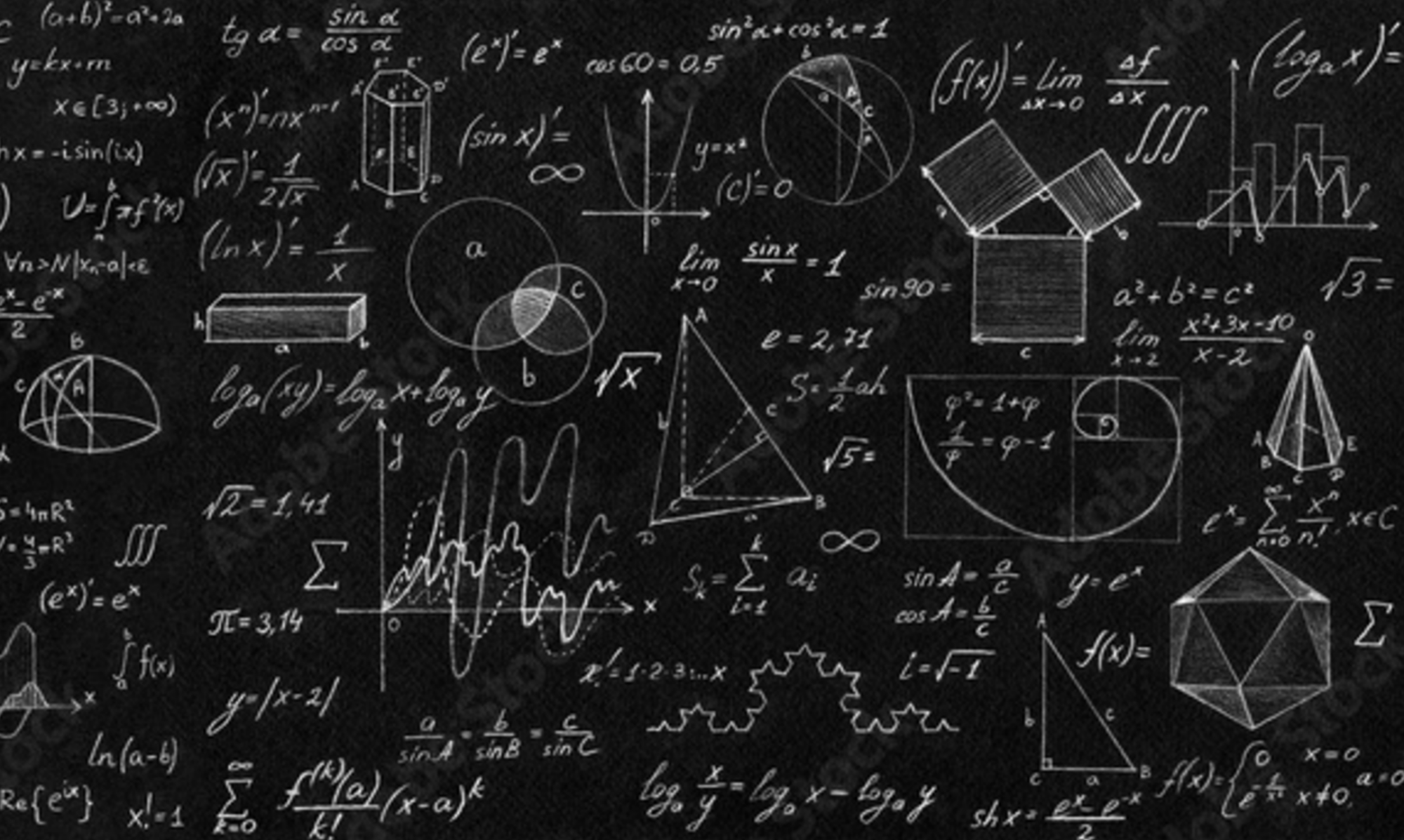Abstract
Over the last two decades, the concept of mathematical identity has gained increased attention. Among others, socioculturally available narratives about mathematics and mathematicians play an important role in offering identities to align with or reject. In this paper, we explore the genre of picturebooks about mathematicians and mathematics. Our findings indicate that picturebooks propagate the following perceptions: doing mathematics is individual, fevered, mysterious, and intuitive; people who love mathematics are precocious; mathematical talent is rare, innate and effortless; and mathematics can have negative social and emotional consequences both for those who are good at it and those who are not.
Mason, R., Fellus, O., Low, E. D., Kasman, A., & Guzmán, L. (January 25, 2020). Myths, identities, and socioculturally available narratives: Toward understanding how picturebooks shape children’s mathematical identities. The Fields Institute for Research in Mathematical Sciences: MathEd Forum.

